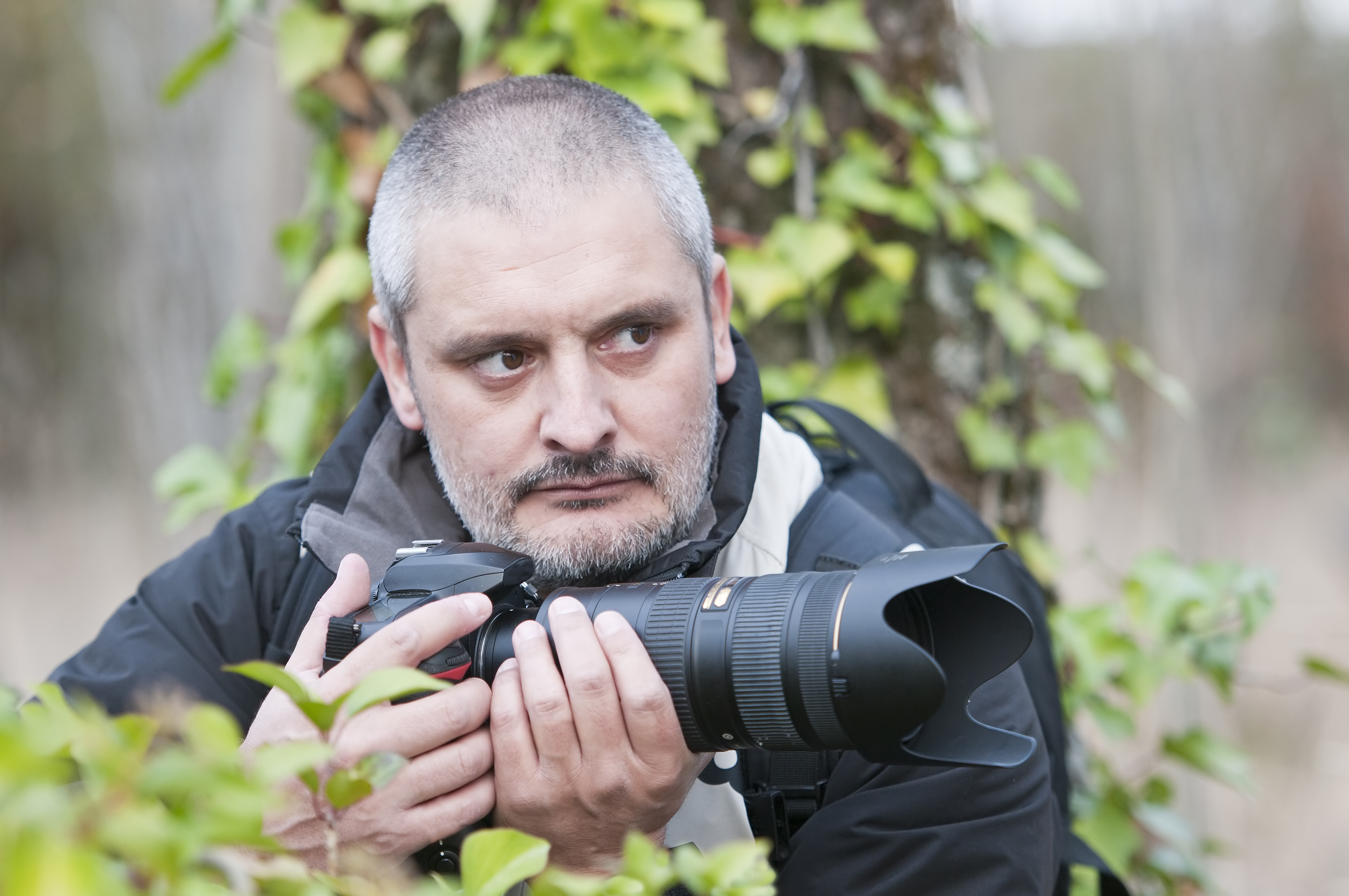 The Finkbeiner Test for gender-neutrality in science reporting took flight last week, offering female scientists the hope of having their work represented in print without gratuitous pink sprayed all over it. A scientist’s partner’s profession and their family responsibilities are irrelevant unless specifically shown otherwise. But now, I find myself with another journalistic quandary: Strict instructions to ask a male scientist about his love life.
The Finkbeiner Test for gender-neutrality in science reporting took flight last week, offering female scientists the hope of having their work represented in print without gratuitous pink sprayed all over it. A scientist’s partner’s profession and their family responsibilities are irrelevant unless specifically shown otherwise. But now, I find myself with another journalistic quandary: Strict instructions to ask a male scientist about his love life.
In articles about relationship research, human-interest stories are part of what distinguishes a magazine feature from a journal review paper.
34-year-old pastry chef Suzy seemed to have it all: A boutique bakery of her own and a creative and sensitive boyfriend. But a growing yearning nagged at her as she played with her nieces on family holidays. More and more women like Suzy are delaying having children….
Indeed, in the scientific literature itself it is not unusual to see little embedded case studies for the purposes of example.
In another, separate, journalistic convention, the scientist tends to be humanized and made relatable through small details that make the reader feel as if they’ve spent a day at the lab themselves.
Dr. Wainwright is just plain “Cornelius” to his grad students. Skateboarding into the lab every day, he might be mistaken for an undergrad himself. “I find it stuffy in here, so I like to keep the windows open, even in the clean room. That’s just how I roll,” he says, dunking an empty Pringles can into a biohazard bin.
But what happens when the two are conflated, and the researcher himself is made into a case study about what he is researching?
It’s a fine line. Profiles of physicists routinely evoke their childhood moments of stargazing. Personally, I’m not convinced that little proto-physicists do much more stargazing than infant accountants and toddling musicians, but I’m okay with the selective memory because it’s really trying to convey the singularly contagious, childlike wonder of physics.
I doubt that AIDS researchers are asked about their own HIV status, but it’s not uncommon for a cancer researcher to be profiled in relation to someone close to them who’s died of cancer, and in whose name the research is assumed to be conducted. Again, I’m not convinced oncologists have much more pre-existing experience with cancer than the rest of us, but given it’s such a common ailment the researchers usually have close reminders to steel their sense of purpose.
When I’m on the other end of the microphone — interviewed as someone with a special interest in sleep — I invariably get asked about my own sleep patterns. I have no idea what to say – I have virtually no interest in them. They’re not unusually irregular or, indeed, regular. I don’t track them at all. And yet I’m passionately excited about the idea of a sleepless society and the process of solving that research puzzle.
So when an editor asked me to delve into what prompted a research study on relationships, then assigned me to ask about the researcher’s past heartbreaks, I think I’m being sent to bark up the wrong tree anyway. If that’s all there was to it, I’d ask the question, but then there’s privacy issue.
Dr. Zakzanis is tireless in his quest to crack the love code. It’s no wonder – when long days coding self-report questionnaires grows wearisome, he need look no further than his highschool sweatheart Tara, whose portrait graces the top of a stack of SPSS statistical software guides. He had thought they were going steady, but what he saw behind the projection screen at Llewellyn High’s end-of-year MTV video dance told him otherwise. Zakzanis has been driven ever since to find out exactly why women are so G-D faithless.
It’s weird enough interviewing sex and relationship researchers. The session tends to feel like an overly-intellectual date, without the chemistry: When else would one be delving into relationship topics with a relative stranger? Unlike in microbiology, most of our opinions of this field are formed by personal experience, so there’s the constant temptation to launch off into gossip.
The real problem: If I reported relationship study results and then described a researcher’s unrequited love that motivated the research, I would be insinuating a kind of bias. I would then have to show how his hypothesis was derived, not through this overwhelmingly formative experience but through careful review and extrapolation of the existing literature.
Somehow I don’t think the biggest scientific motivator — the simple search for truth — is going to provide the human drama that’s required of me.
THE GAMBLE RULE!
I see what you’re saying, Jessa. Humanizing details shouldn’t be required, because they might not be there. But I think it’s often helpful to bring in what motivates a scientist to ask the questions they ask. If that motivation happens to be personal, then why not report on it? I don’t see it as bias, so long as they’re doing good science.
I’ve thought about this too a bit. I write mostly about engineering and I always ask what motivated the research. The response I usually get is, “it was a difficult problem.”